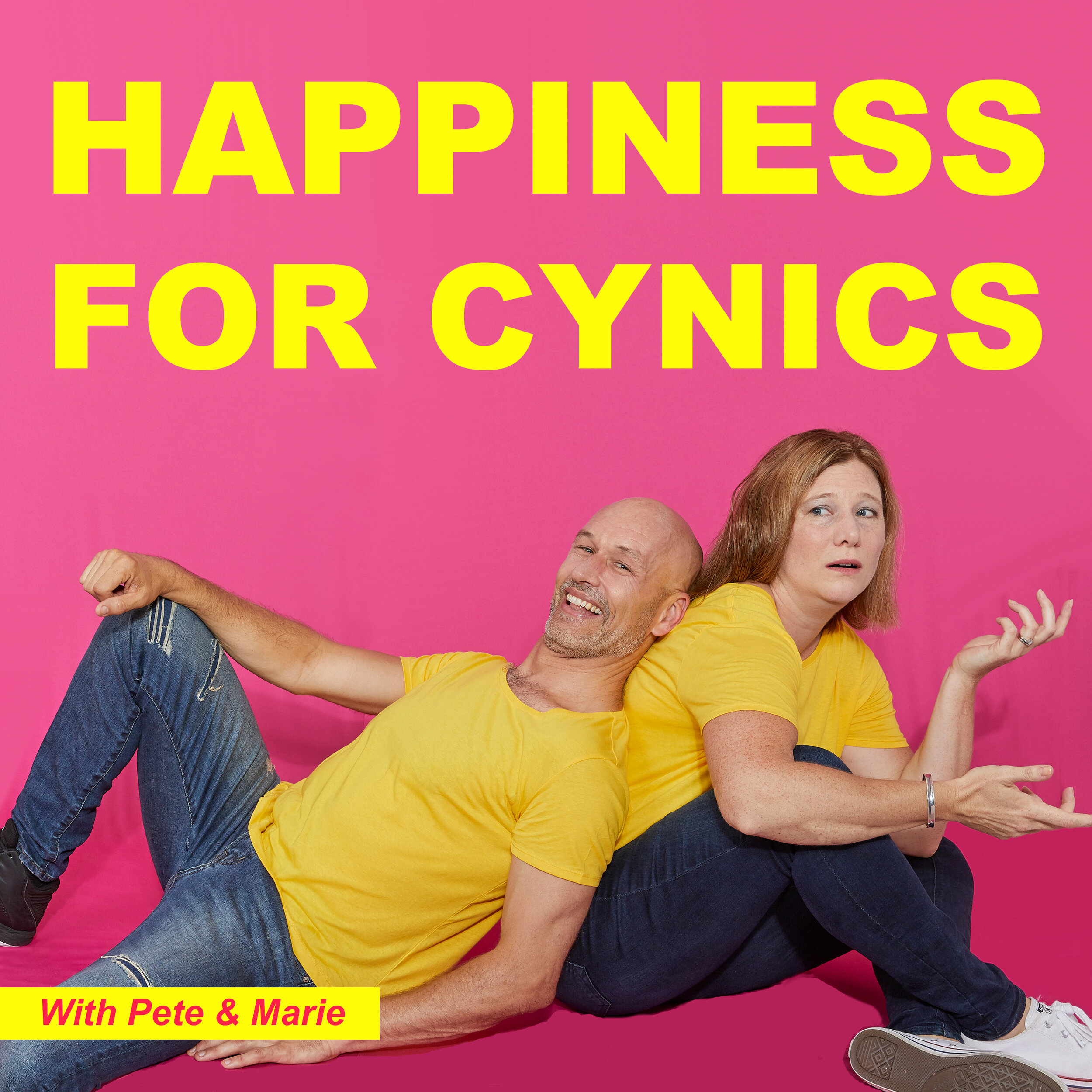Depression is a topic that is slightly uncomfortable to bring up. Some suffer, some don't. Some believe in it and other's don't. But if you have ever encountered someone that suffers from it, you can begin to understand the certain stigma that can be associated with this condition. It's almost as if by uttering the name you are inviting in the demons (much like saying Voldemort in a Harry Potter chronicle). To actually admit that you suffer from depression is a difficult task in itself and it is an admission that is fraught with guilt and shame and some pretty hefty societal pressure. But it is also vital to address and name it so that you can identify it.
Depression has a socio-economic predeliction to it. It is genre specific. Sadly it is also very aggressive. In so many ways it targets groups of people and creates symptoms and conditions that are remarkably similar, almost to the point where you think it is tactical in it's approach. It also occurs in waves and varying degrees and whilst not all forms of depression are clinically determined, sometimes just feeling a bit low or down can be a precursor to a more devious beast that lies within. It is a slippery slope. There are too many stories of stoic, solid characters all of a sudden disappearing in traumatic circumstances as they were battling demons within that no-one knew about. Sadly, it's the ones who appear wholesome and even merry in the face of it that usually succumb in tragic circumstances.
Anti Depressant medication is a 'go to' in so many people who seek treatment and help with this condition. Its a broad application of seratonin blockers and dopamine stimulants to try and release the 'happy chemicals' in the synapses and assist with elevating mood and 'happy' thoughts. Unfortunately this isn't the most effective therapy for all and it sometimes is a very topical application that results in un-predictable responses. An old colleague and friend encountered this when his medication stimulated a highly aggressive anxiety phase as it was combined with a traumatic response to an external stimuli. This kind of reaction whilst seemingly not understandable is real and very common amongst some sufferers and can deepen and dramatically increase their condition to a dangerous point.
Those of us who have dealt with people who just can't seem to pull themselves out of the hole will understand how incredibly frustrating and almost maddening it can be. Those who cannot see the glass half full or seemingly refuse to see the glass half full, talk themselves into states of absolute apathy and shut themselves away from the possibility of any happiness. It gets to the point where you want to throw your arms in the air and walk away yourself as you just can't seem to get through to the individual.
As a therapist and a practitioner with Traditional Chinese Medicine (TCM) training, I have seen these types of states in my treatment room. Its a challenge and its a left field approach. But as a TCM practitioner (albeit at a basic basic level) I have had the opportunity to treat a few individuals and see them come from a point of apathy to a more empowered or resilient state.
In TCM, emotion and quality of emotion is a part of the diagnostic tools that you use when approaching a malady. As a soft tissue practitioner, I often have to throw away my 'anatomical and intellectual' brain and come from a space of elemental understanding. In this I mean approaching the body from the TCM perspective of elemental properties. Identifying which meridiens are perhaps out of balance with the others often leads me to working on internal balances and the balance between yin/yang. Even at the most basic level one can identify certain imbalances or 'reduced quality' of a meridien channel or 'pulse' and you can begin from this point in treating the body itself.
Many times this leads to working on an individual in a much more subtle way than I am known for. Working with the yin vs yang qualities often sees a treatment that is much more about 'moving qi' than about grinding out adhesions in muscle. With the TCM assessments, you will identify areas according to their 'qi flow' and try to manipulate this flow accordingly, opening up certain areas whilst depressing and dispersing other areas to achieve a more cohesive 'balance'. Qi gets 'stuck' It's like a water pressure system, you have to keep balance through all of the pipes to keep the system functioning optimally. Some pipes need to increase pressure or flow whilst others need it to be regulated. And there is a balance between all the pipes to ensure efficient operation.
My first foray into this came very early in my massage career where I had a client who was 'like a Tigger'. Bouncy, gym goer, gung-ho Greek girl with a fierce attitude to fitness. Our sessions took a different turn one day when she dropped a small admission about feeling a little 'out of sorts and low'. With permission I treated her differently to her usual 'sports treatment' and at the end of the session, gave her a small jar of chai tea and told her not to rush off to her next party but to perhaps sit in the garden with a cup of tea for an hour. The next week she returned and promptly said to me "what the *^#@ did you do to me last week? I sat down and cried my eyes out for 2 hours". Feeling very cautious and nervous about this result, I asked how she felt. This gung-ho Greek girl who 'didn't do emotions' told me how she felt as if she had finally let go of her failed engagement and abusive relationship from some months previously. To my surprise she asked me if I could do the same treatment again this week!
There's a certain blind faith for many people when you deal with emotions. Adhesions you can touch. Torn muscles you can palpate. Emotions are a little more 'intangible' and you have to give a little bit of blind trust to someone to work with them, particularly when you are talking about body therapy. However, it's something that even if it is just a band-aid, can make a tangible difference to someone's mood, someone's self talk and self worth and can help them to keep taking the 'next steps'. And if that's just a leg up approach, then I'm happy for that. Because every now and then everyone needs a leg up. A little buffer to help them to keep going and keep pushing forward.
Whilst not all conditions can be treated in this way, there is a way to approach this that leads to assisting some who may not be totally comfortable with admitting that they are not the completely resilient person that they would like to be. Subtle shifts in mind and perception may not be full blown depression but they have a physical response in your body. And this is as much to do with keeping your health as does going for a run or a workout to keep your body healthy. Mental balance is as much a part of your physical health, and being able to address this in whatever small way can sometimes just keep you on that 'glass half full' perspective.



